Do you remember when was the last time you went hiking? If you are neglecting this one of the healthy, simple and most affordable athletic activities, then you’re missing on some important brain benefits offered by hiking. Because science reveals that hiking can supercharge your brain.
Technological developments have pushed us on a fast track of material progress. Frustrating commutes to the workplace, speedy communication with social media apps, pleasure from the glamorous world of films and Netflix shows are keeping us far away from the leisurely pace of life. We rarely find time for meditation, yoga, and heavy workouts. Isn’t it?
However, unlike yoga and heavy workouts, hiking is one such exercise that offers you immense physical and brain benefits. Besides getting exercise, you can also enjoy eye-catching and soul-soothing scenery.
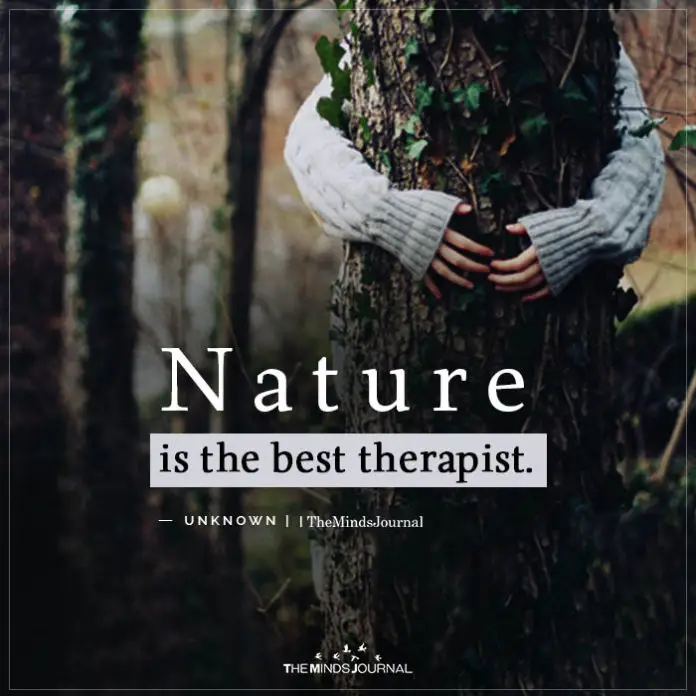
A good hike through a forest or up a mountain can cleanse your body, mind and soul. And now there is scientific evidence why your brain loves a hike. Read on to know how hiking can change your grey matter.
1. Hiking in nature can reduce rumination
Mental health experts consider rumination as a silent mental health problem. Ruminating is the process of brooding too much on negative events, which over time can lead to anxiety and depression. While work and family pressure can push you into a vicious cycle of negative obsessive thoughts, hiking can give you an instant feeling of calm and contentment.
Hiking reduces rumination according to a 2015 study. Researchers found that nature experiences can decrease repetitive thoughts focused on negative aspects of self by a significant margin.
In this study, the researchers compared the changes in the brain when healthy participants spend time in nature and in an urban setting. Those who had a 90-min walk in a natural setting showed a decrease in both self-reported rumination and neural activity in the subgenual prefrontal cortex (sgPFC – an area of the brain related to mental illness). Whereas a 90-min walk in an urban setting has no such effects on self-reported rumination or neural activity.
Hiking also reduces stress because trees and plants release anti-bacterial chemicals these phytoncides can have a significant effect on stress. Spending more time in green spaces lowers cortisol or stress hormone levels.
Urban noises and busy life disturbs our mind causing mental fatigue. But, a nice long hike with or without friends can soothe your mind and help you think straight.
So, what are you waiting for?
If you can’t travel to naturesque places, look for accessible natural areas within urban contexts. And that will greatly benefit your physical and psychological well-being.
Read 14 Surprising Brain Benefits of Running That You Should Know
2. Hiking can improve ADHD in children
Attention deficit hyperactivity disorder (ADHD) is a mental health disorder that can cause above-normal levels of hyperactive and impulsive behaviours. Children with ADHD struggle to focus and control their impulse.
Although prescription medication seems to work, natural solutions were found to be far more effective in the long run. Several studies showed that exposure to the natural environment can benefit people who have a short attention span, exhibit hyperactivity, and have difficulty controlling impulses.
Read The Impact Of ADHD On A Child’s Schooling
A study published in the American Journal of public health examined the impact of relatively natural settings on ADHD symptoms across diverse subpopulations of children. Children were engaged in several after-school and weekend activities, And parents nationwide were asked to rate the after-effects of these activities on children.
Aftereffects were compared for activities conducted in natural outdoor settings versus those conducted in both built outdoor and indoor settings. Results showed that green outdoor activities reduced symptoms significantly more than did activities conducted in other settings.
In conclusion, green outdoor settings appear to reduce ADHD symptoms in children across a wide range of individual, residential, and case characteristics. Hiking as amazing brain benefits, isn’t it?
3. Hiking can spark brain power and creative thoughts
Any form of exercise boosts the brain’s ability to think differently and be creative in working or solving any problem. When you hike, a brain-derived neurotrophic factor is released (BDNF), which stimulates neurogenesis, the growth of new brain cells in the hippocampus, an area of the brain associated with learning and memory. The more the new nerve cells in the brain, the more the power to think in new ways and remember more information for a longer period of time.
Hiking in nature keeps you away from technology. You spend more time admiring the beauty of hills, valleys, and mountains. Going for tech-free hiking excursions has a lot of cognitive advantages. Hiking also keeps age-related brain problems at bay, because it impacts the overall plasticity of the brain.
In the study titled, “Creativity in the Wild: Improving Creative Reasoning through Immersion in Natural Settings”, researchers found that exposure to nature can restore prefrontal cortex-mediated executive processes such as attention, problem-solving, and multitasking.
A group of naive hikers were immersed in nature four days completely disconnected from technology. The participants were then asked to perform tasks which required creative thinking and problem-solving. The results showed that the participants’ performance on problem-solving tasks increased by 50%.
Read 7 Surprising Benefits of Hugging According To Science
4. Hiking in nature can induce alpha waves
When you hike in a scenic natural spot you can induce alpha brain waves which are dominant only during quietly flowing thoughts, and in some meditative states. These waves help you be in the present, stay calm and represent the resting state of the brain.
Alpha waves of the brain aid in alertness, mental coordination, mind/body integration and learning. Hiking is a form of exercise in beautiful surroundings that boost slow frequency alpha brainwaves. Increase in alpha waves can help you fight depression. So, if you’re planning to integrate exercise in your daily life, hiking is a top-notch choice for you.
5. Hiking makes you happier
Do you know hiking in nature releases endorphins in our body. These are natural painkillers that decrease our sensitivity to stress and pain, and also make us feel euphoric. Endorphins also trigger positive feelings in the body, which keeps you in high spirits and good mood. Thus, hiking not only boosts your brain power, but makes you happier too.
Read 22 Tips to Keep Your brain Sharp and Young At Any Age
Start hiking
If you are impressed knowing about the brain benefits of hiking, then start planning how and when to begin to start hiking. Not necessary that you have to go to famous hill stations to start hiking, you can also start walking through trails in a park. Any exercise outdoors is better than none. You will be glad to know that more and more doctors are writing “nature prescriptions” or recommending “ecotherapy” to improve mental wellbeing, according to WebMD. But, don’t forget to disconnect yourself from technology.
Looking for one more reason to start hiking?
Well, you will be glad to know that hiking is a great exercise for those troubled with weight gain. It’s a low-intensity exercise and you can burn calories mostly fat. Hiking can help you burn between 400 – 700 calories per hour, depending on your size and the hike difficulty. Hiking can never be boring because you get additional perks like enjoying the greenery.
No wonder why people who exercise outdoors are highly likely to stick to their exercise programs., making hiking an excellent choice for those trying to be more physically active. Hiking on trails means uneven terrain, where you have to put extra effort to balance yourself and keep going. This will elevate your heart rate and increase the intensity of your hike. And if you are hiking with a heavy pack that will help you burn more calories. A healthy body means a healthy mind!
Please share this article with anyone who you may think will find it valuable and helpful.
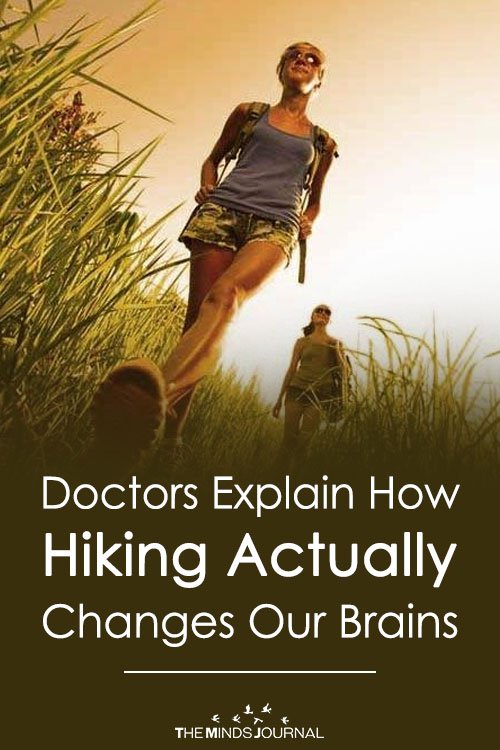
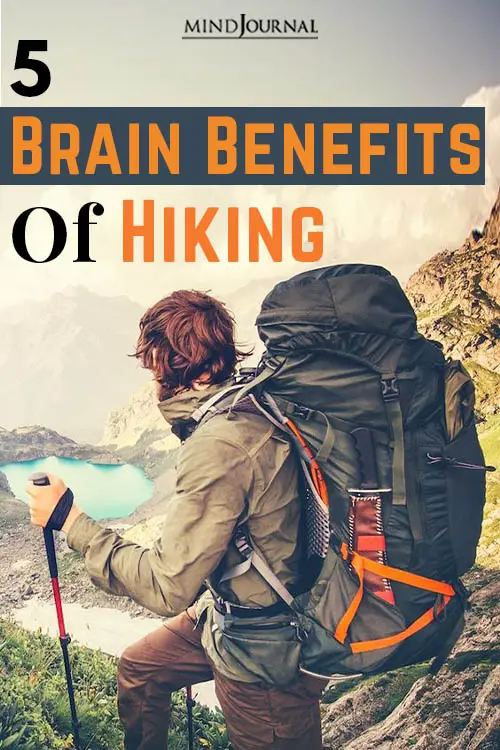
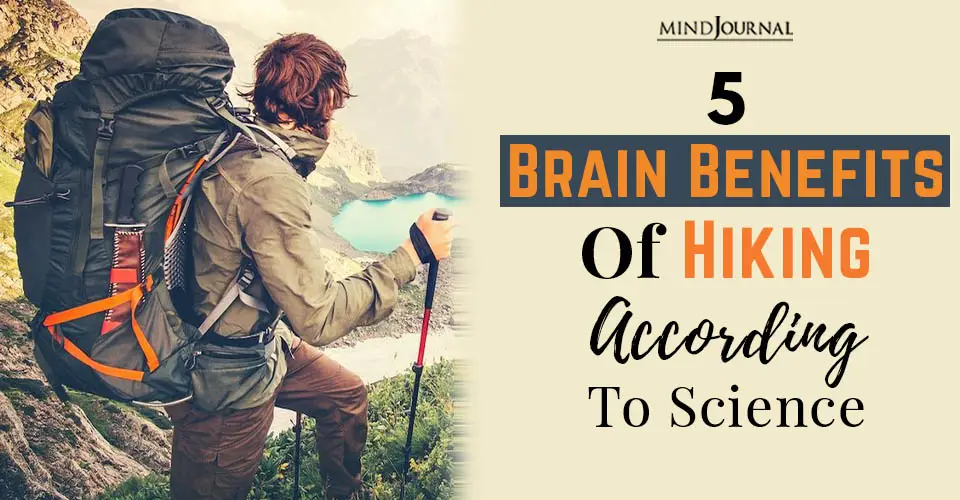



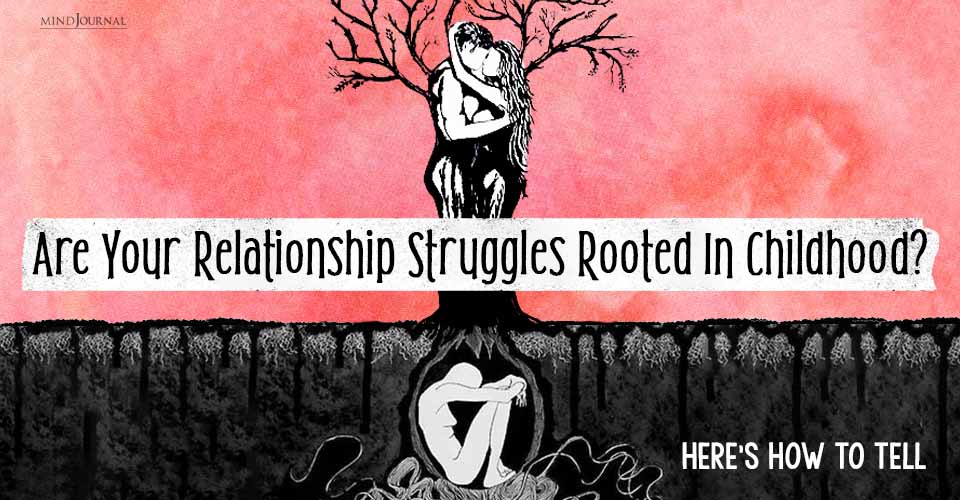

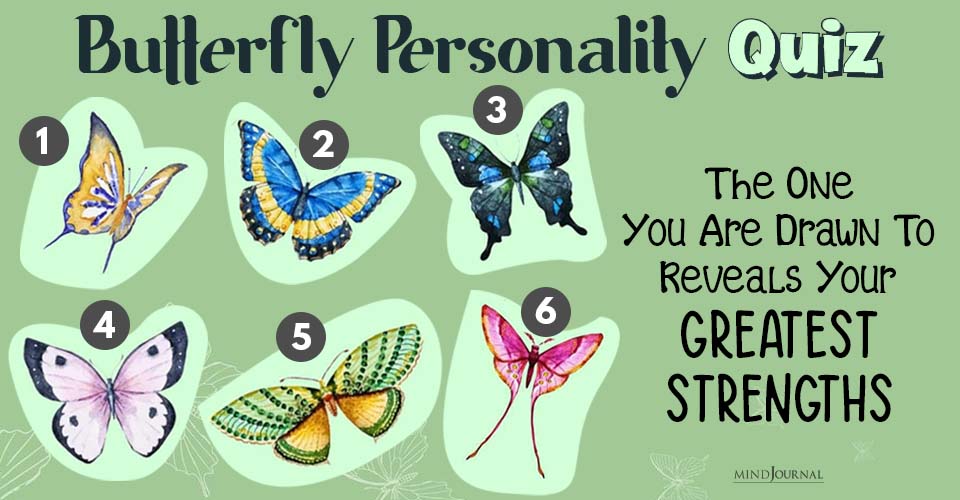



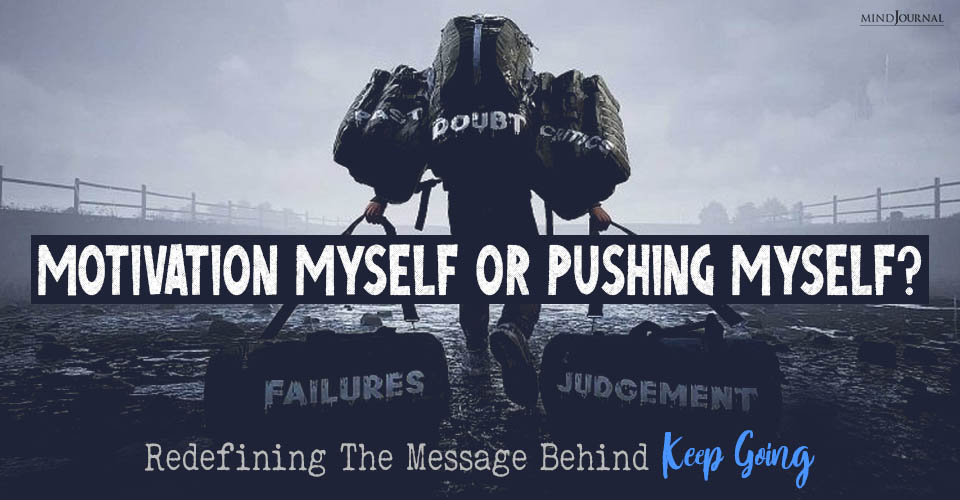
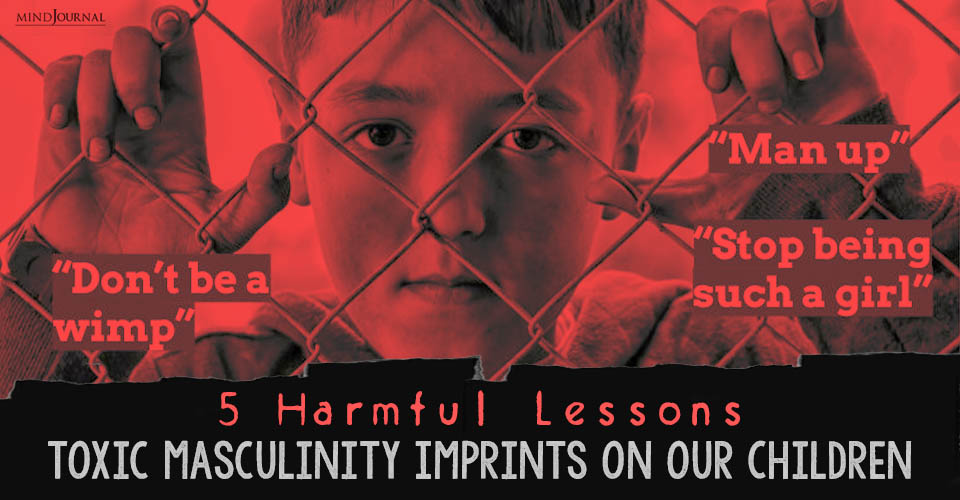
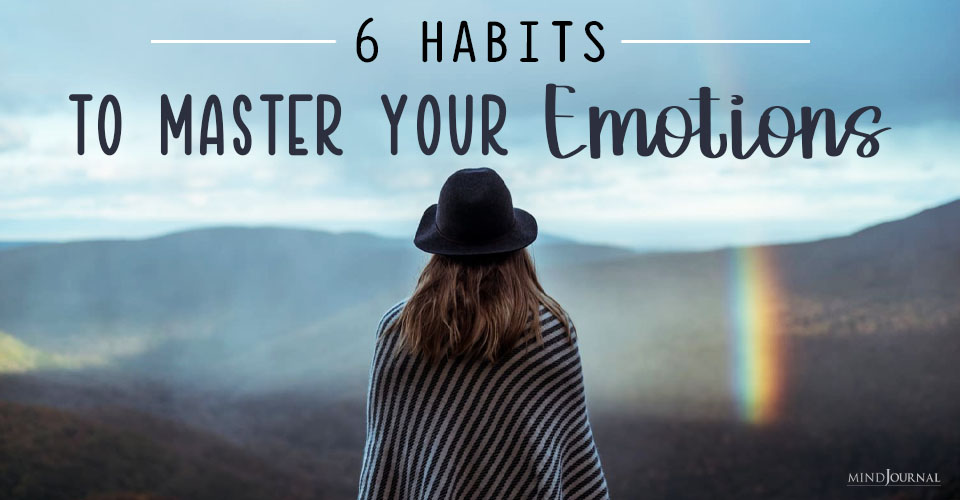

Leave a Reply
You must be logged in to post a comment.